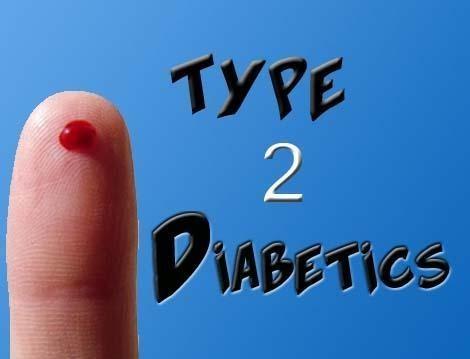Type 2 Diabetes - Advice from the Family Medical Centre, Albir
There are estimated to be millions of people with undiagnosed Diabetes, are you one of them?
Diabetes is a lifelong condition that causes a person’s blood sugar level to become too high.
There are two main types of diabetes – type 1 and type 2.

Type 2 diabetes occurs when the pancreas doesn’t produce enough insulin to maintain a normal blood glucose level, or the body is unable to use the insulin that is produced.
The pancreas (a large gland behind the stomach) produces the hormone insulin, which moves glucose from your blood into your cells where it is converted into energy.
Symptoms
The main symptoms of type 1 and type 2 diabetes are very similar
The high blood sugar levels makes you:
- Feel thirsty
- Pass urine more often particularly at night
- Feel tired all the time
- Have unexplained weight loss
- Have cuts or wounds that heal slowly
- Have Itching around the penis or vagina, or frequent bouts of thrush
- Have blurred vision which is caused by the lens becoming dry
The signs and symptoms of type 2 diabetes are often mild and develop over a number of years and are therefore not as obvious. It is often diagnosed during a routine check-up. Untreated diabetes can damage your organs, so it’s important that it is diagnosed as early as possible.
Risk factors
Four of the main risk factors for developing type 2 diabetes are:
- Age - being over 40. This may be because people tend to weigh more and exercise less as they get older.
- Genetics – having a close relative with the condition (parent, brother or sister)
- Weight – being overweight or obese. In particular, fat around the abdomen increases your risk. This is because it releases chemicals that can upset the body’s cardiovascular and metabolic systems.
- Ethnicity – being of south Asian, Chinese, African-Caribbean or black African origin (even if born in Europe)
Other risks
Your risk of developing type 2 diabetes is also increased if your blood glucose level is higher than normal, but not yet high enough to be diagnosed with diabetes.
This is sometimes called “pre-diabetes” or impaired fasting glycaemia (IFG) or impaired glucose tolerance (IGT).
If you are concerned that you might be at risk a simple blood test can check your blood sugar and relieve your mind.
Find more health Care tips here or Join our Facebook Group


